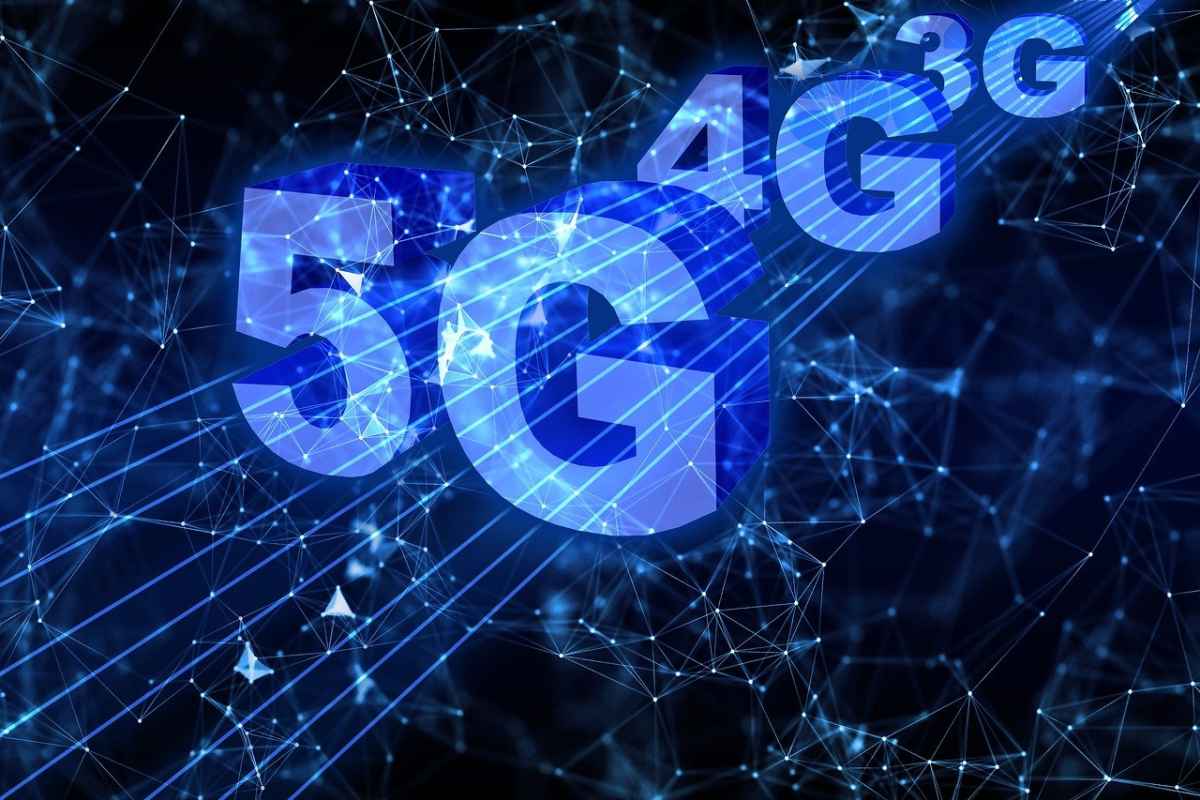
The next-generation connectivity technology, 5G, is on the brink of entering the Indian landscape. The private operators of the country have already said that their networks are ready for 5G. In a recent development, the Digital Communications Commission (DCC), formerly known as the telecom commission, has made it convenient and simpler for the telcos to test 5G and other new technologies outdoor with easier access to spectrum.
As per a PTI report, the DCC will now allow telcos to take spectrum that’s remained unsold and unallocated for testing their new technologies.
Telcos Can Take Unsold and Unused Spectrum for Testing New Technologies
It is worth noting that back in 2019, the Department of Telecommunications (DoT) had already allowed the companies in India to use the spectrum for testing new technologies by just giving a notice to the department. However, the local companies still found it difficult to test new technologies because of only having permission to conduct tests on licensed bands.
But the DCC has changed that with its new circular allowing telcos to test new technologies on short notice and in unused, unsold, and unallocated spectrum frequencies. Note that the telcos can still test their products and services in the licensed frequencies.
The new testing model approved by the DCC is called ‘Spectrum Regulatory Sandbox’. The new model is aimed to allow telcos to test new technologies with ease. It will further affect how telcos and companies in other sectors use 5G to test new products and services.
When Will 5G Rollout in India?
The telcos have the option to roll out 5G in India by the end of the year with the help of Dynamic Spectrum Sharing (DSS) technology if they aren’t allotted dedicated frequencies for 5G. Telecom operators are waiting for the government to hold 5G spectrum auctions to bid for spectrum in the desired high-frequency bands for delivering true 5G speeds to their customers.
Overall, by early 2022, either Jio or Airtel or both the telcos are expected to launch commercial 5G services in at least one or few parts of India. Initially, only metro cities are expected to be included in the soft-launch plans of the telcos. Pan-India 5G rollout is very far away at the moment, at least 2 to 3 years.















